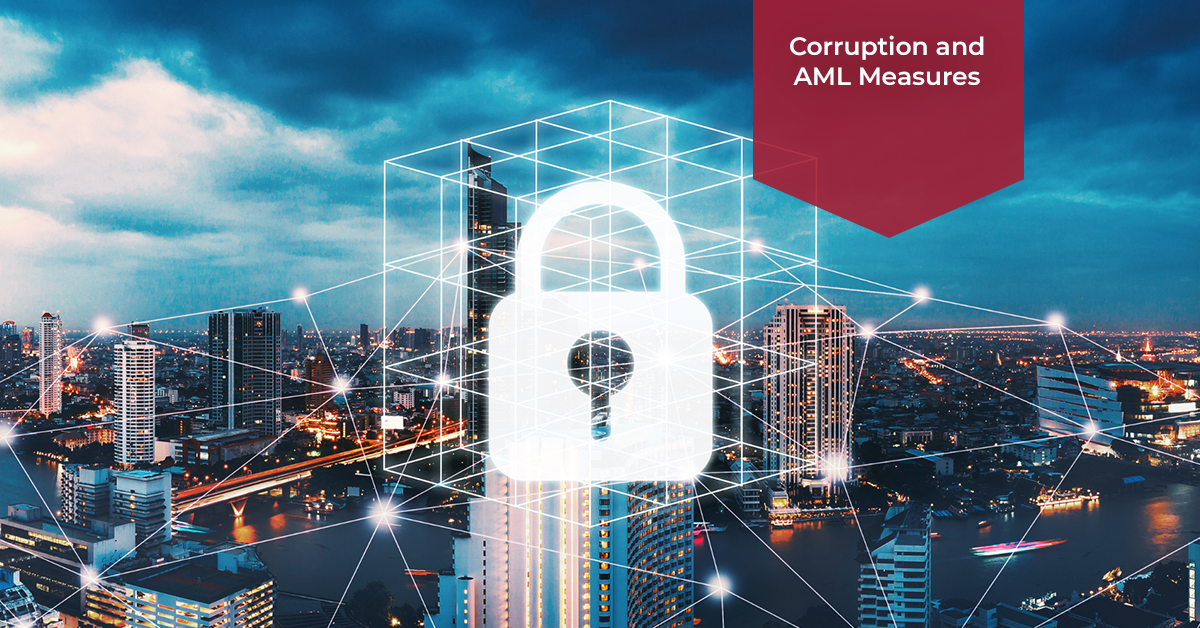
Corruption and AML Measures
Corruption remains a pervasive issue worldwide, undermining public trust and threatening global economies. It often paves the way for money laundering, bribery, and other illicit activities, highlighting the necessity of strong Anti-Money Laundering (AML) measures. By identifying the factors that drive corruption and understanding its various forms, we can foster greater financial transparency, protect governance structures, and promote ethical practices. These efforts matter.
What Are the Causes of Corruption?
Weak governance is one primary factor, as insufficient oversight and poor law enforcement can facilitate unethical activities. Low wages can also fuel corruption, encouraging officials or employees to seek illicit gains. Additionally, complex bureaucracy and lack of transparency open avenues for bribery and favoritism, while cultural norms that tolerate dishonest behavior further enable fraudulent practices. Finally, inadequate regulatory frameworks make it easier for criminal networks to engage in money laundering.
Types of Corruption
- Bribery: Offering or receiving anything of value to influence an official action.
- Fraud: Deception aimed at achieving unlawful gains or harming another party.
- Nepotism: Favoritism granted to relatives or close friends in professional contexts.
- Embezzlement: Misappropriation of funds entrusted to someone’s care for personal use.
- Extortion: Obtaining money, property, or services through threats or intimidation.
- Cronyism: Appointing friends or associates to positions of authority without merit.
- Patronage: Rewarding supporters with jobs, contracts, or favors in return for loyalty.
- Influence Peddling: Using personal connections to secure unfair advantages.
- Kickbacks: Returning a portion of money received in a business transaction as a bribe.
- Collusion: Secret cooperation between parties to deceive or defraud others.
- Abuse of Power: Exploiting one’s position to gain benefits or harm others unjustly.
- Regulatory Capture: When government agencies serve the interests of the industry they regulate.
- Money Laundering: Concealing the origins of illegally obtained funds to appear legitimate.
How to Fight Corruption?
Tackling corruption demands a multi-pronged strategy that blends prevention, enforcement, and ethical leadership. Transparent governance is paramount: establishing clear regulations, digitizing public services, and ensuring open data can curb bribery and embezzlement. Adequate training in compliance and ethics for law enforcement and financial institutions bolsters their ability to detect suspicious activities and support AML initiatives. Whistleblower protection laws empower citizens to report corruption without fear of reprisal. Inter-agency collaboration and information sharing across borders strengthen investigative efforts, disrupting cross-border money laundering. Regular audits, coupled with strong internal controls, reinforce accountability. Equally crucial is public education, which fosters a culture that rejects dishonest conduct. By intertwining regulatory frameworks with ethical norms, societies can effectively reduce corruption and promote enduring financial stability.
Conclusion
Corruption undermines economic progress, erodes trust in institutions, and fuels financial crimes like money laundering. By recognizing its underlying causes—weak governance, insufficient transparency, and flawed regulatory frameworks—societies can implement targeted solutions. Strengthening AML measures, enforcing robust legal structures, and fostering accountable leadership are vital. Public education further empowers citizens to reject unethical behavior, creating a collective defense against corruption. Ultimately, the key lies in collaboration among governments, corporations, and communities to uphold integrity. With sustained vigilance, nations can safeguard resources and foster equitable growth. These measures build resilient institutions globally.
By continuously refining AML strategies, encouraging ethical leadership, and advocating sustainable transparency, we can collectively reduce corruption’s influence and create a just, thriving global society.

